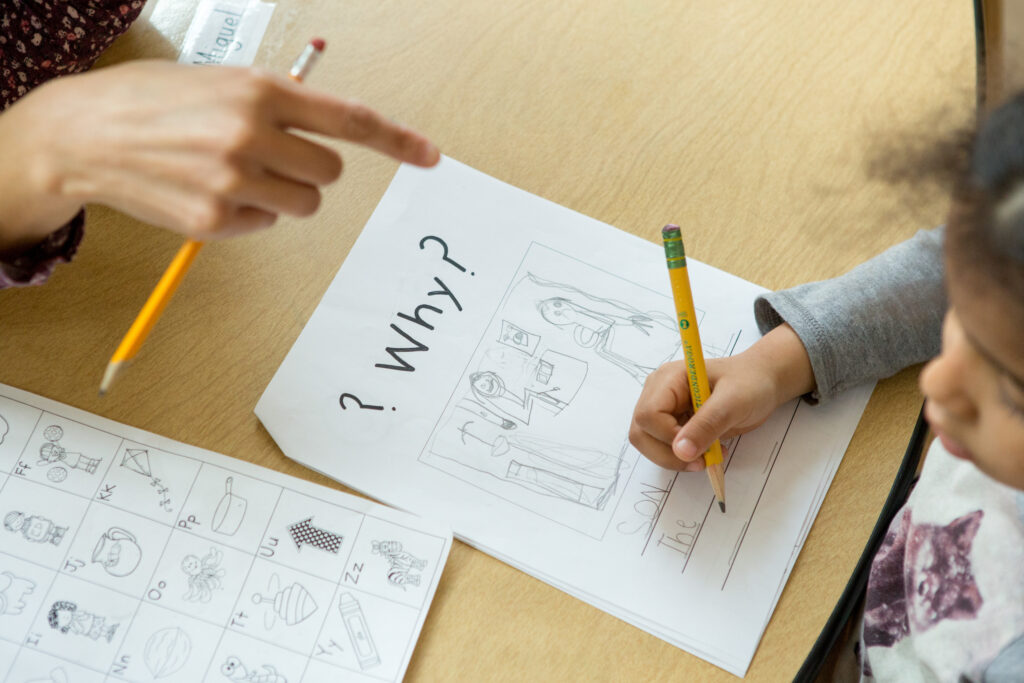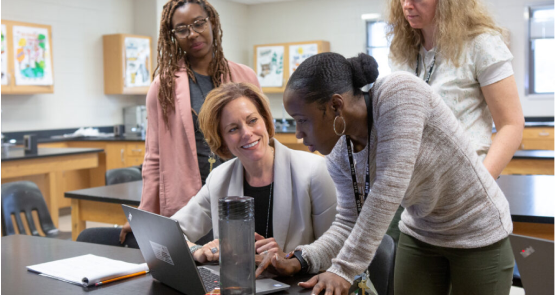Grantees
Does Categorization Training Improve Critical Thinking?
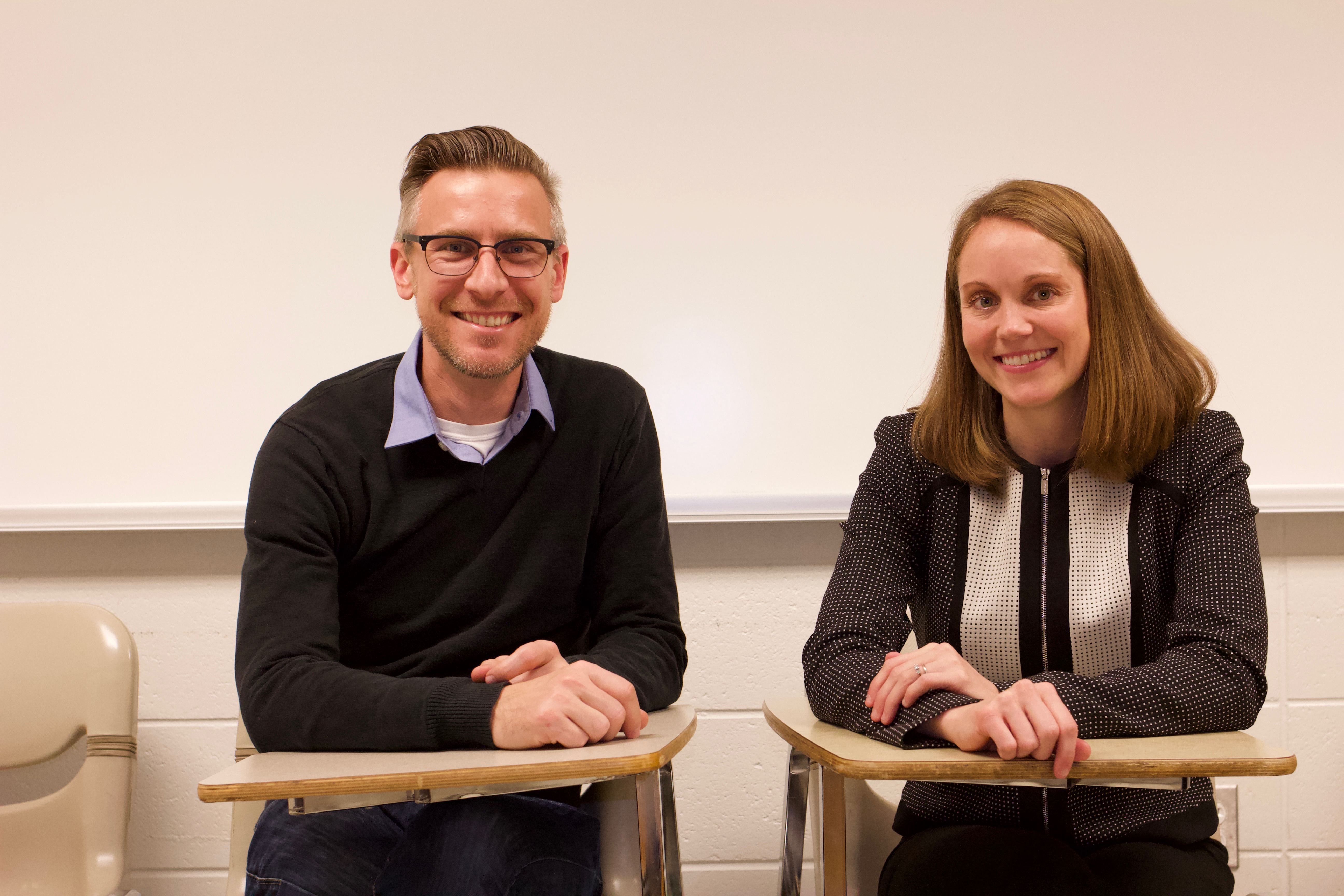
Dr. Ben Motz and Dr. Emily Fyfe – Department of Psychological and Brain Sciences, Indiana University
Dr. Motz and Dr. Fyfe’s research will investigate whether critical thinking performance on a standard open-form assessment can be improved through categorization practice.
Deliberate practice has long been demonstrated to be an effective way to improve many higher-order cognitive skills, including problem solving, logical and mathematical reasoning, and general measures of executive function, but there has been less work considering the specific role of practice in improving critical thinking. Critical thinking is increasingly viewed as the ability to recognize flaws in empirical inferences; for example, recognizing that a causal claim is being inappropriately drawn from correlational data, or that findings are being cherry-picked to support a person’s prior opinions. In a sense, these might be operationalized as categorization tasks, where a critical thinker is able to identify whether a specific claim matches the general pattern of a logical fallacy. Preliminary research suggests that categorization training might improve performance on standard critical thinking assessments, but no research has yet examined the direct benefits of practice with these kinds of critical thinking categorization problems. Considering the contemporary importance of helping people learn to identify misinformation, the current study aims to experimentally evaluate a specific and practical approach to critical thinking training, through categorization practice.
The Genetic Invincibility Effect of Genetic Testing
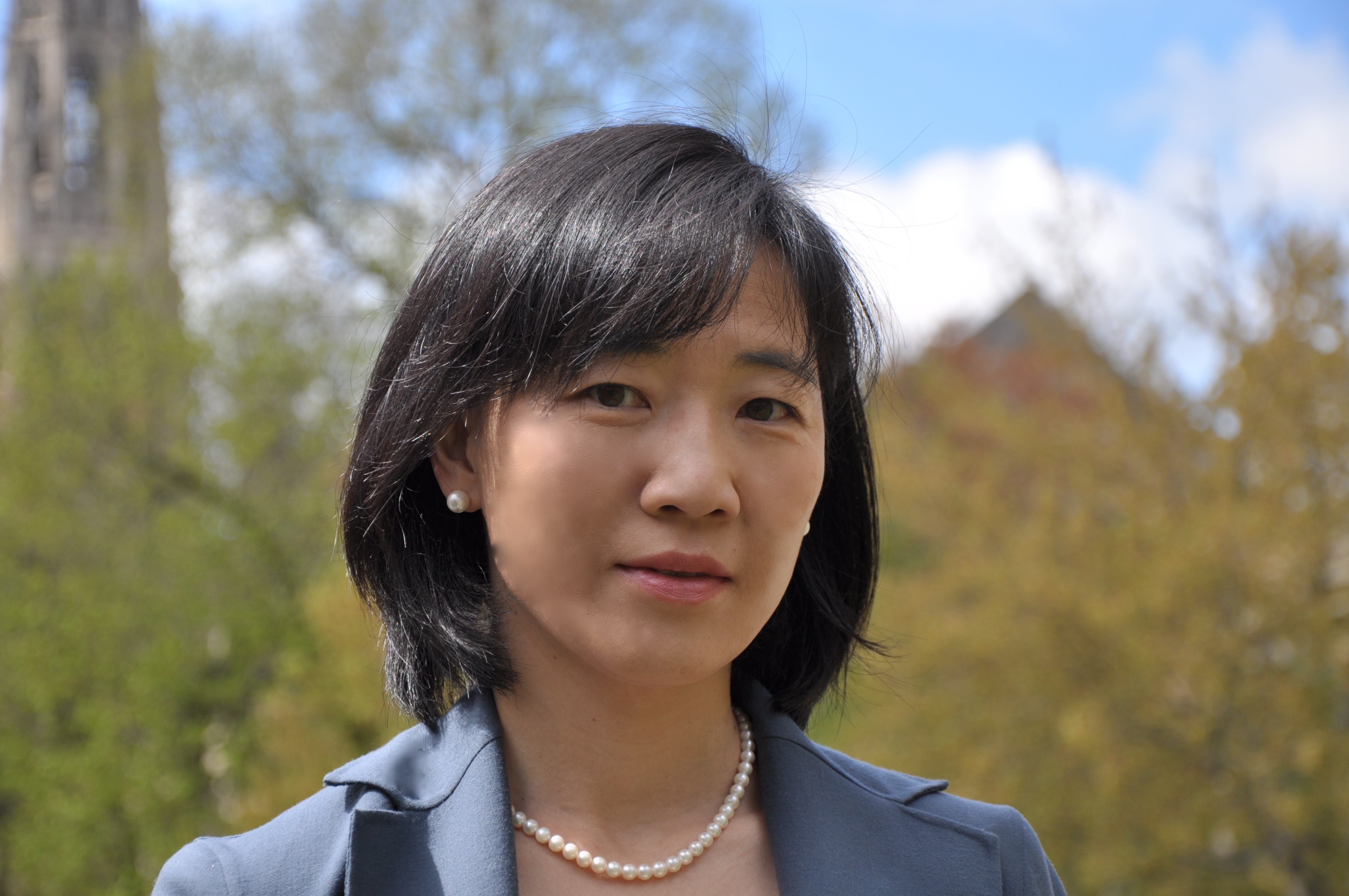
Dr. Woo-Kyoung Ahn – Department of Psychology, Yale University
Dr. Ahn’s research will investigate if the results of genetic testing revealing predisposition (or specifically, lack thereof) to certain medical conditions lead to decreased perceptions of that condition as a serious disorder, and
intervention methods for feelings of invulnerability and genetic invincibility due to genetic test results.
Laypeople appear to believe that their genes play an essential and deterministic role. As a result, they ignore alternative factors that contribute to disorders and blindly accept that their genes can almost determine their fate. Previous studies had participants take a saliva test that was described to them as detecting their genetic predisposition for major depression and obesity. This study will examine the “genetic invincibility effect” in the context of alcoholism and devise ways to prevent it by fostering critical thinking.
Deliberation and Intuition in Decision-Making

Dr. Tania Lombrozo – Department of Psychology, Princeton University
Dr. Lombrozo’s research is motivated by the questions:
- Why are “critical thinking tools” often employed poorly, or not at all, in real world decisions?
- How can such decision making be improved?
This project focuses on an aspect of critical thinking and decision-making that has received relatively little attention: when and why people think explicit deliberation ought (or ought not) to guide their decisions. There is already some evidence that people think immediate, gut responses are more indicative of their “true selves” than more reasoned responses. Does such a belief lead people to (inappropriately) favor gut reactions over deliberation (e.g., choosing a medical treatment or political candidate that “feels right,” rather than critically evaluating the relevant evidence and arguments)? This study will reveal how various factors predict responses about the use of deliberation and intuition.
Media Reception in the Age of Disinformation
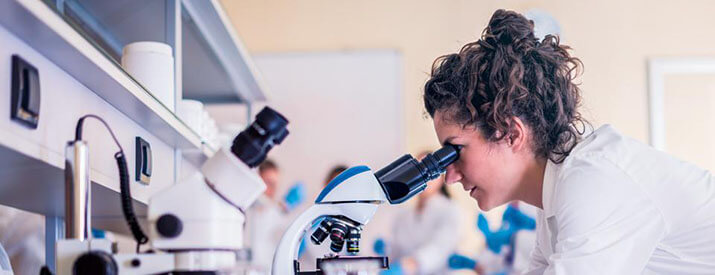
Manon Berriche – PhD Candidate, Sciences Po Paris médialab and the Center for Research and Interdisciplinarity
Manon Berriche’s PhD research aims to address the following questions:
What kind of misleading content has the most impact?
How does information circulate in the digital public space and in which communication contexts is the sharing of fake news most likely to unfold?
How to mitigate the virality of “fake news” and how to instead facilitate access to high-quality information?
While the phenomenon of disinformation has become a public concern, much remains unknown about its impact on people’s beliefs and opinions. To address this major issue for democracy and society, the goal of Manon Berriche’s PhD research is twofold: first, she proposes to identify which type of misleading content is the most harmful and in which social contexts it is more likely to be diffused. She does this through an analysis of the digital public space, and the dynamics of public expression and social interaction both online and in-real life. Second, these preliminary findings will help her to test more calibrated educational methods for critical thinking to hamper the phenomenon.
Critical Thinking Guide for Parents
Mickaël Bardonnet
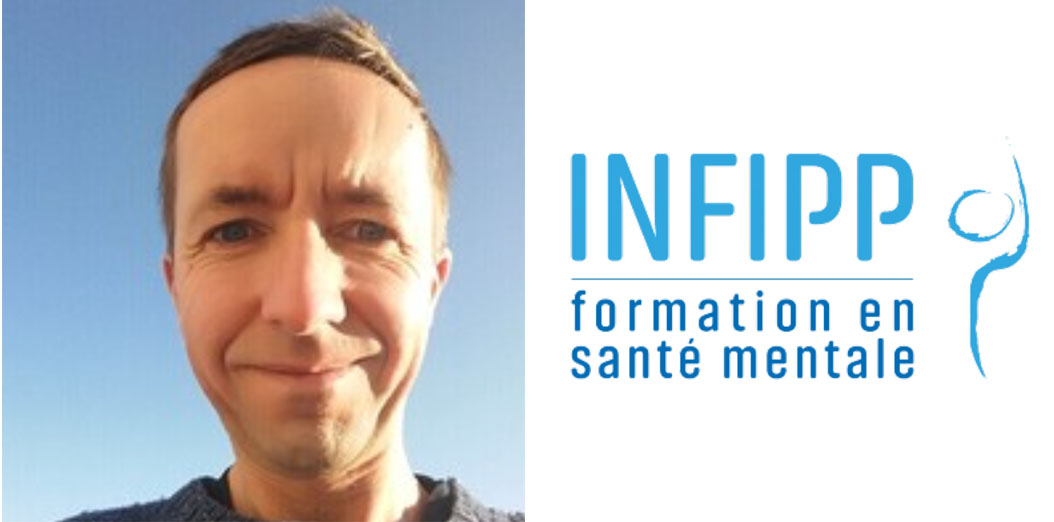
Sébastian Dieguez
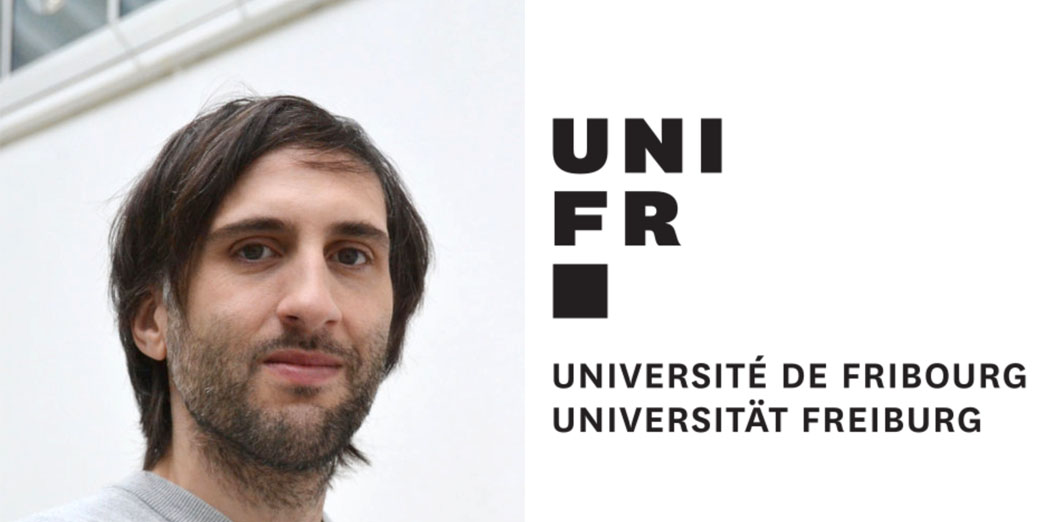
Stéphane Sansone


Mickaël Bardonnet – INFIPP
Sébastian Dieguez – University of Fribourg
Stéphane Sansone – Grenoble INP
Reboot assembled a team to develop tools, activities and content that parents can use to teach their children critical thinking skills. The team is comprised of cognitive scientists and researchers in France and Switzerland.
The online guide is available in English and French. It gives parents the resources that they need to help develop critical thinking skills in their children throughout their development. The guide integrates a theoretical framework, which outlines the development of critical thinking skills in the life of the child, with practical guidelines for fostering critical thinking in children.
The authors take a holistic approach to critical thinking education, incorporating children’s social and emotional development, their sense of individuality and self-esteem, and their management of time and attention to the development of their own critical thinking skills.

